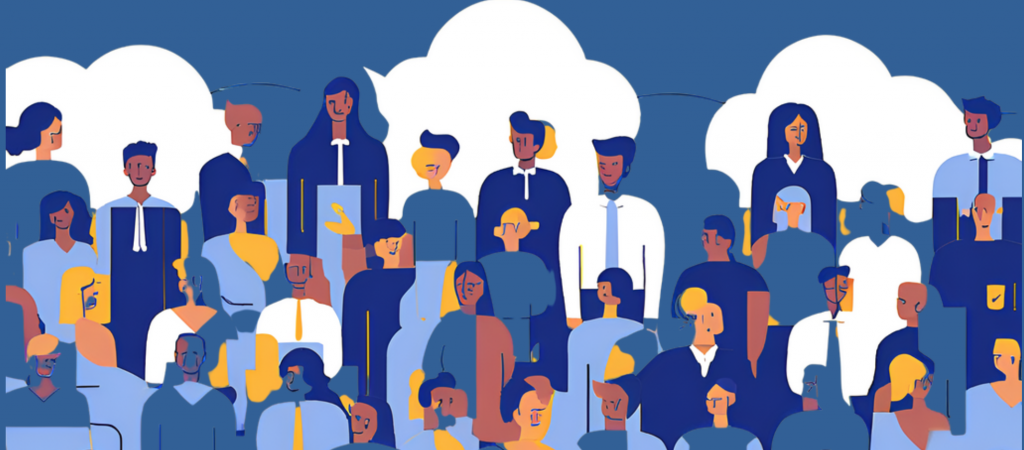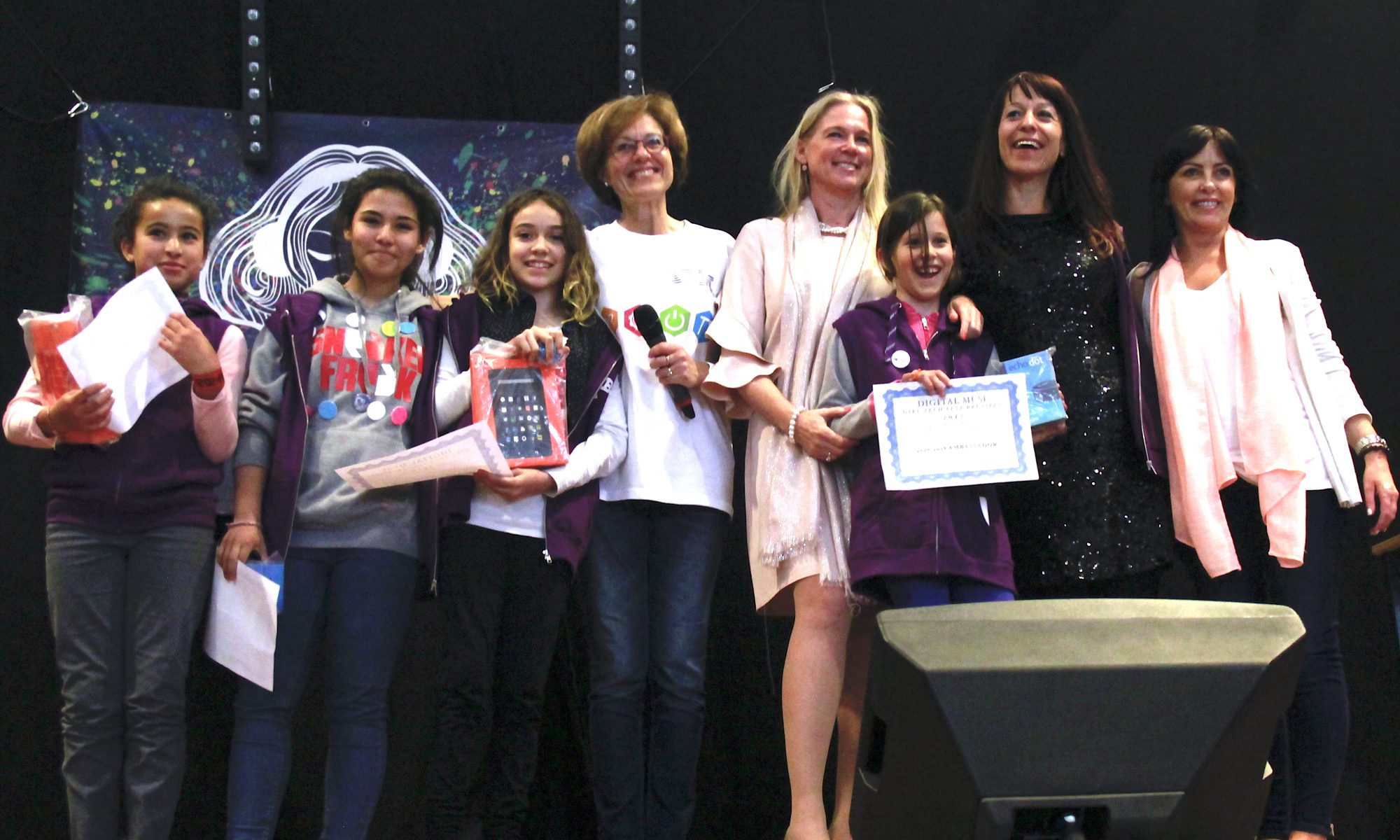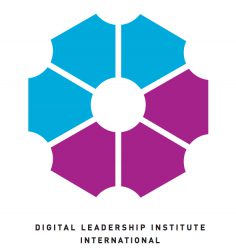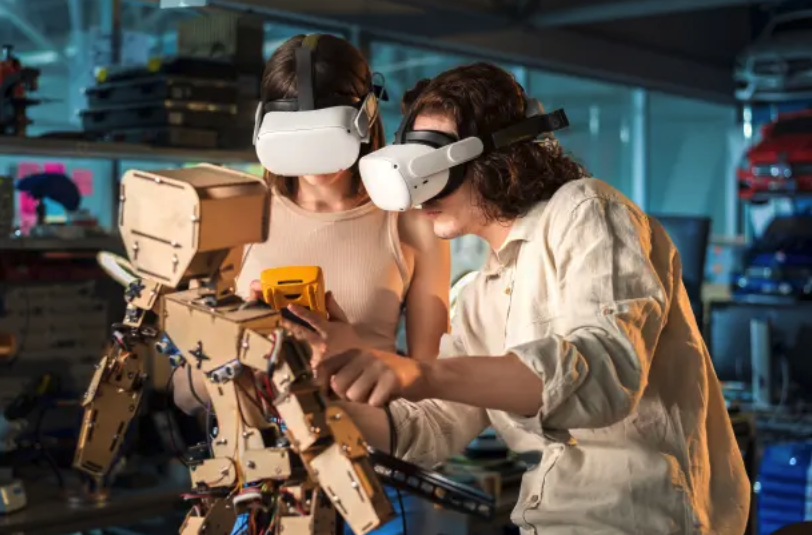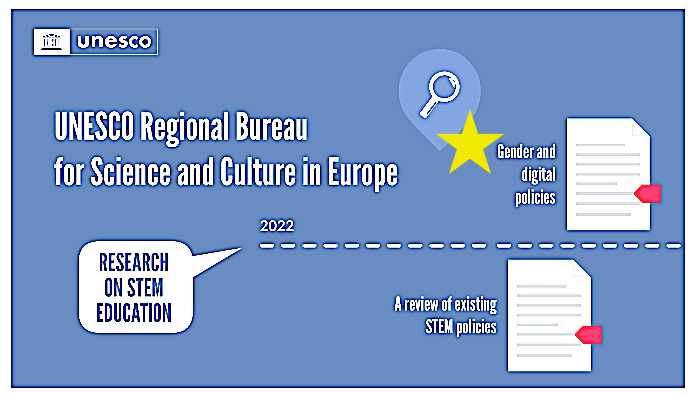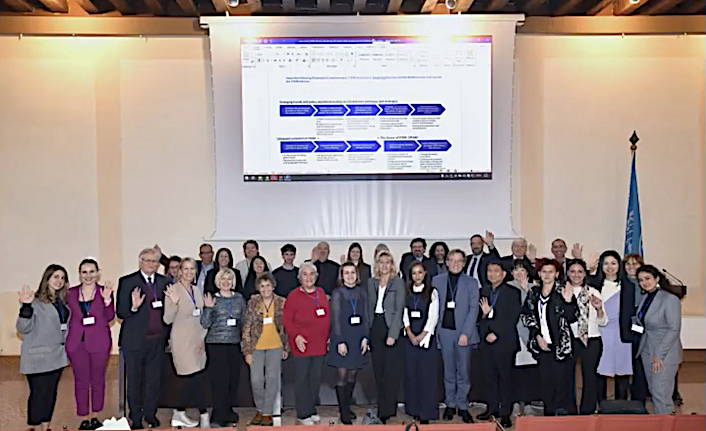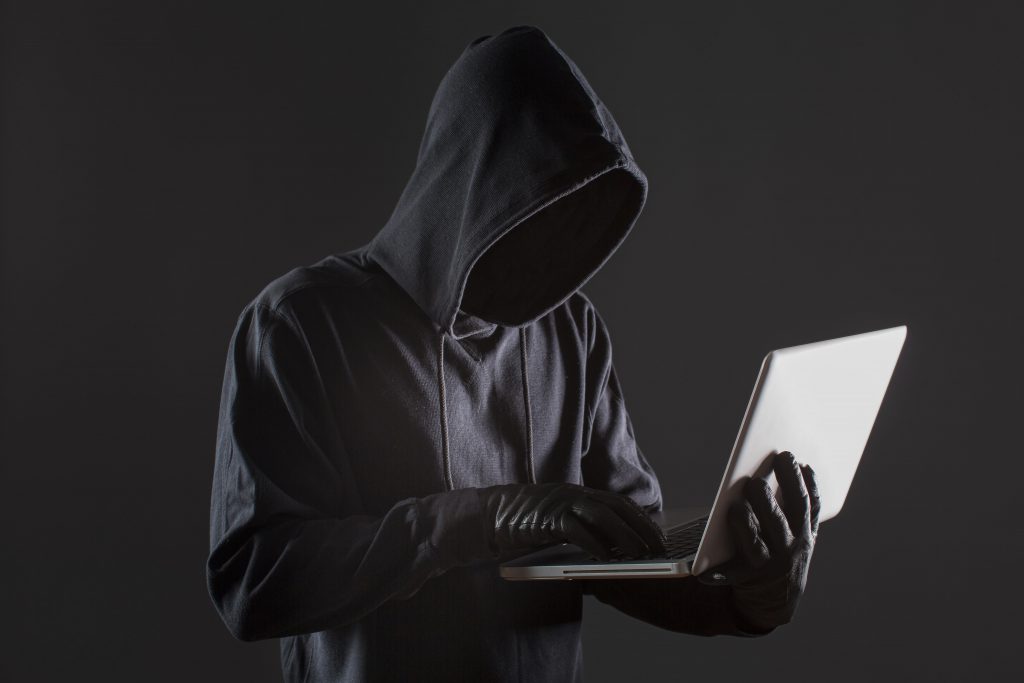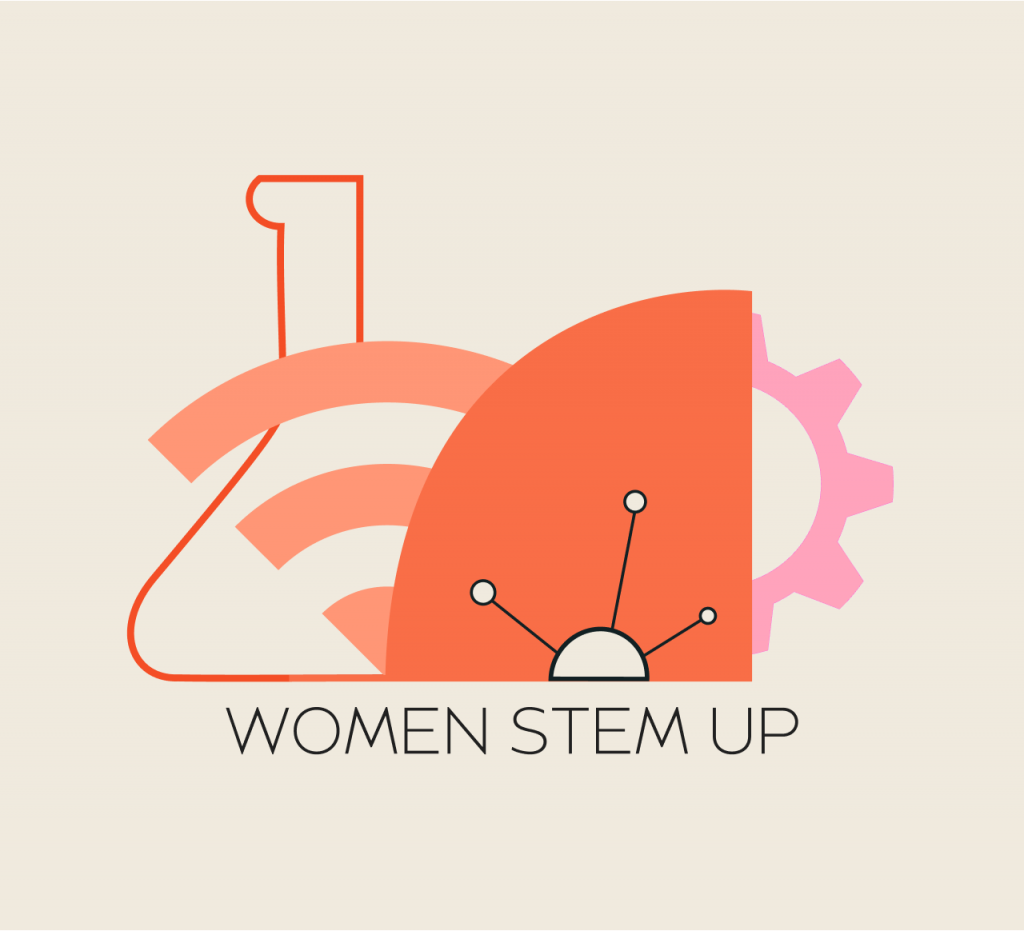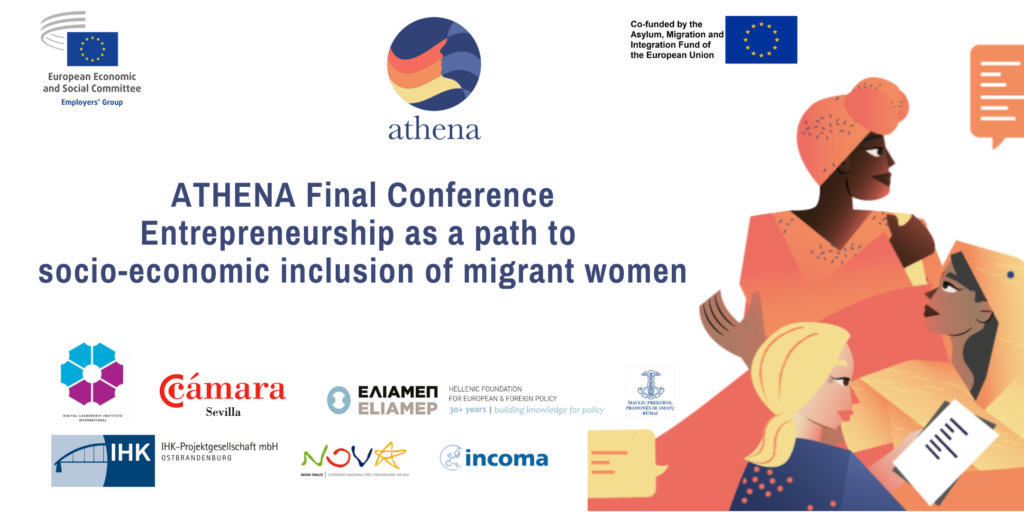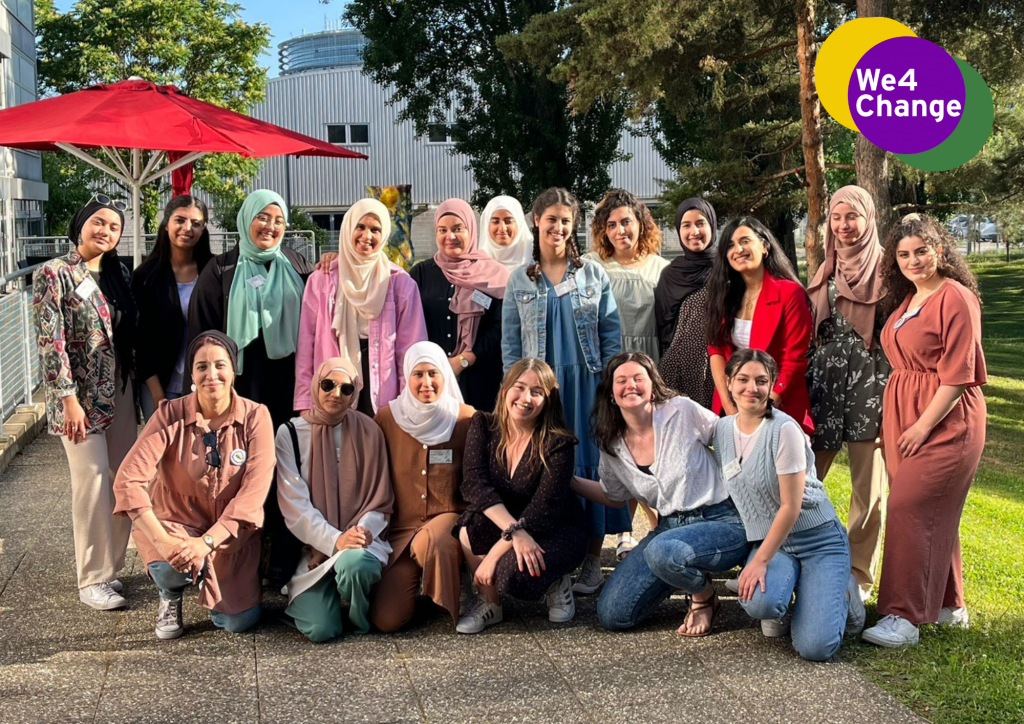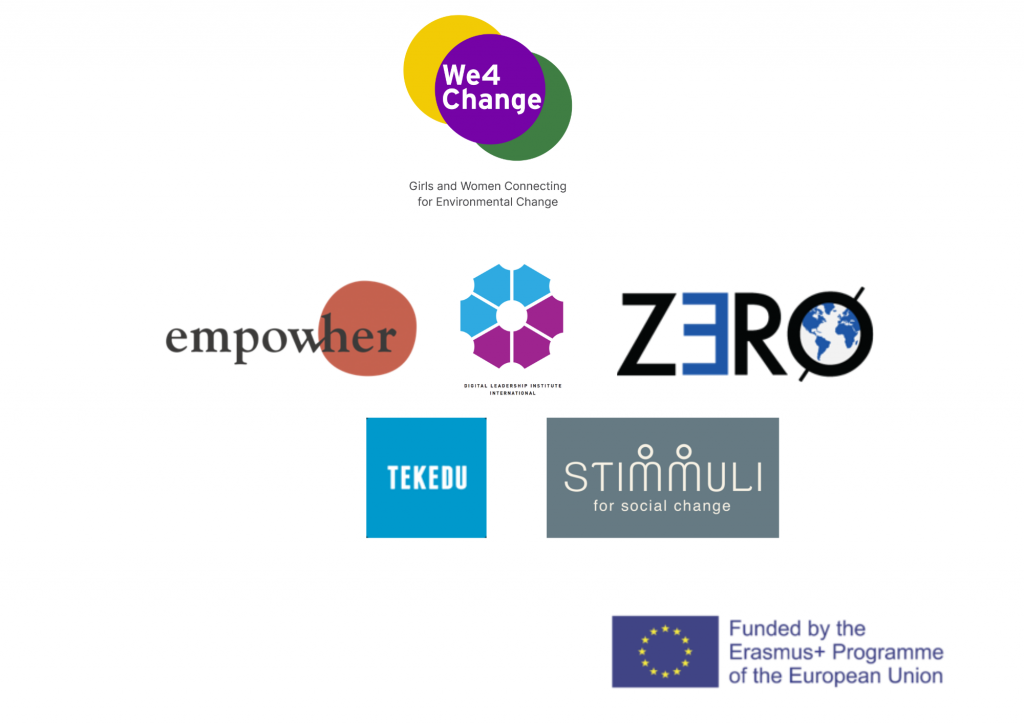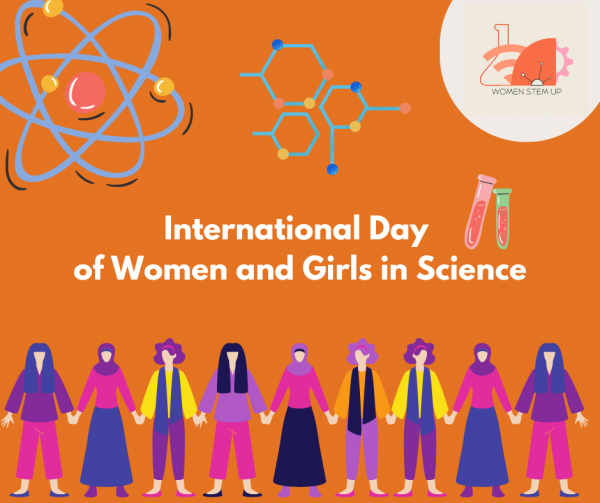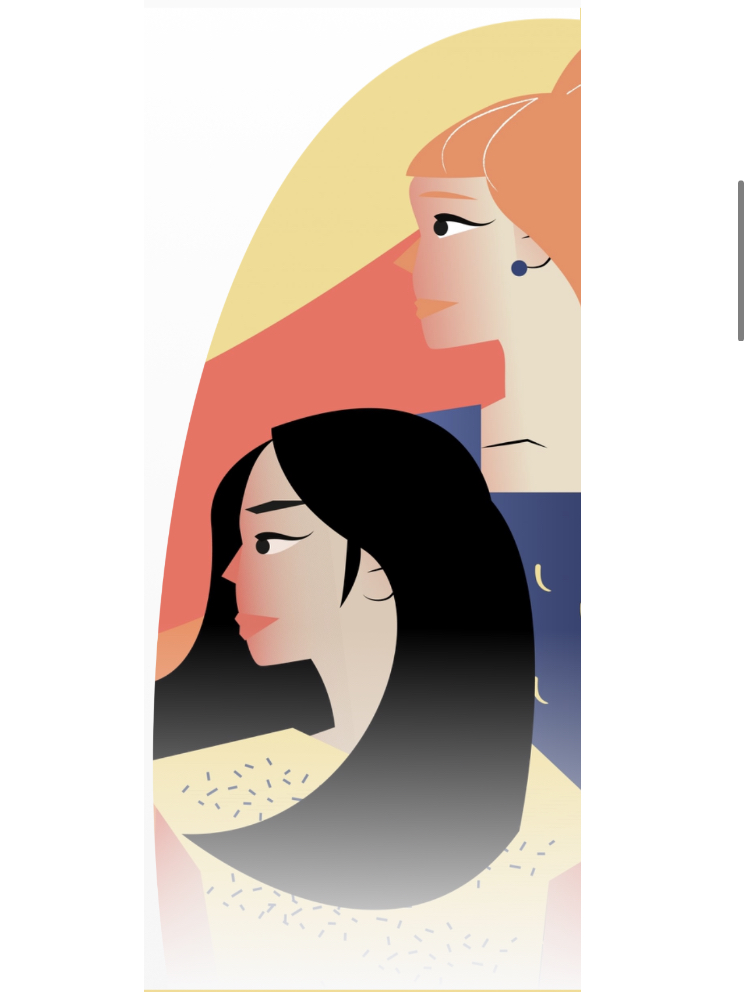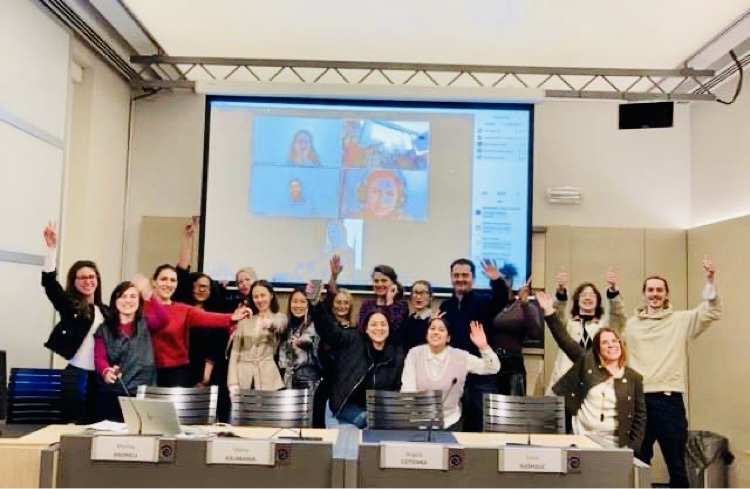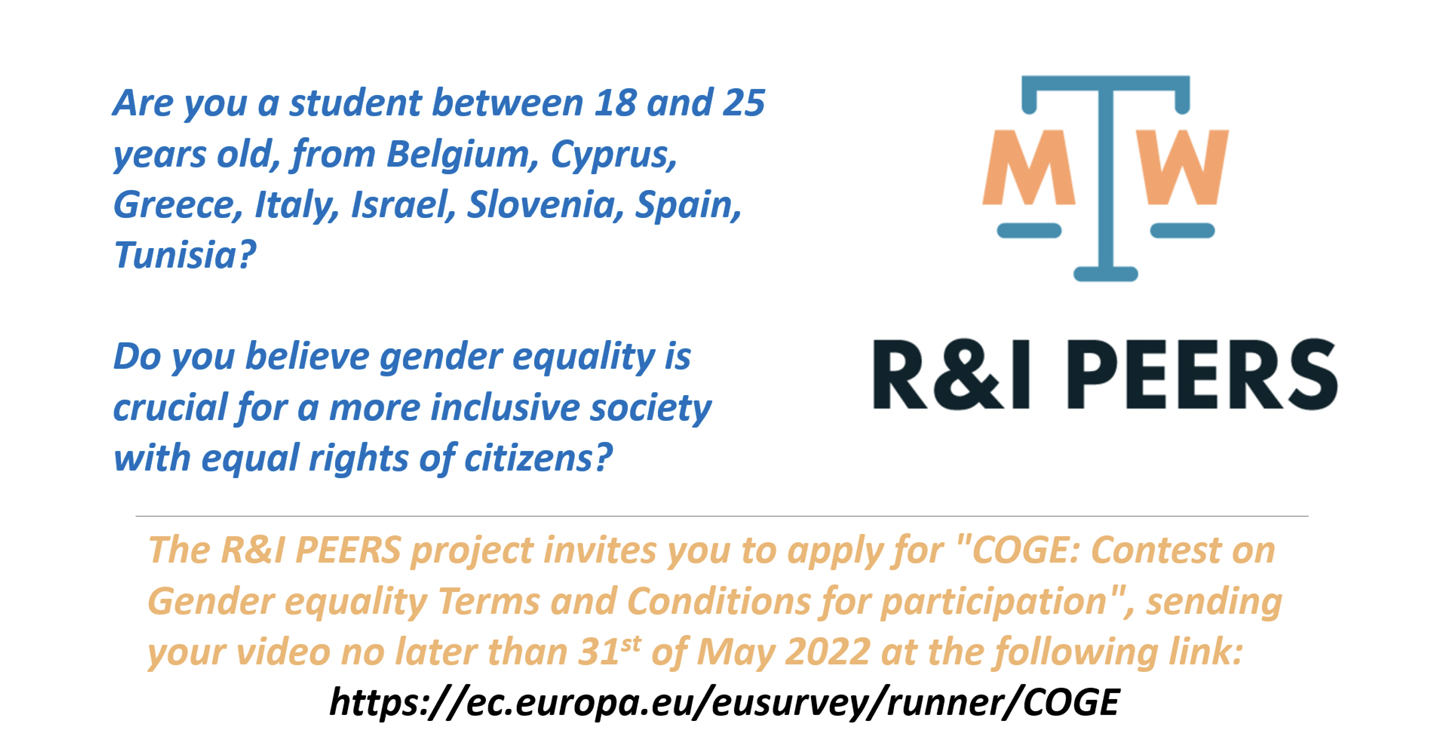Subject: Training services to support the implementation of professional training for an organisation working with migrant women and migrant women entrepreneurs
General Introduction: Training services will be organised in the framework of the ATHENA Project – Approaches To valorisethe High EntrepreneuriAl potential of migrant women. The objective of the ATHENA project is to contribute to the economic and social integration of migrant women in the EU society by improving the services of entrepreneurship support to migrant women and creating a specific entrepreneurial path for them in the regional contexts where the project activities are developed.
Needs:
Two different trainings will be organised by the Digital Leadership Institute (DLI), within the context of the ATHENA Project:
1. Training for professionals working with migrant women: The objective of this training is to improve the services provided by the public or private organizations to migrant women on entrepreneurship. The aim is to build capacities of organizations professionals working with migrant women, with additional ad hoc knowledge that will help and better equip them to deliver the services of support for migrant women on entrepreneurship path. The professionals from the organizations working with entrepreneurs will be trained in the different topics that have been identified as missing or weak by the needs and demands of the migrant women. The topics are: Administrative and legal issues, access to finance, psychological preparedness of a migrant women, cultural diversity and sensitivity. DLI is looking for an organisation or independent professional who can provide a lecture on one or more of the above-mentioned topics. The training for professionals working with migrant women will last half a day.
2. Training for migrant women: The objective of this bootcamp is to provide (migrant) women with the skills, resources and access to expertise necessary to inspire them to take up entrepreneurship. The overall aim is to contribute to the economic and social integration of migrant women in the EU society by improving the services of entrepreneurship support oriented to migrant women and accompanying them on the challenging entrepreneurial path.
Each training will address three sections, each providing a specific set of skills: Legal skills, business skills, digital skills.
- Legal skills: Administrative and legal overview, access to finance/ Belgian founding schemes, cultural diversity in the business environment.
- Business skills: Vision & mission identification, Business design, strategic planning
- Digital Skills: Digital tools to manage your accounting, building an e-commerce website.
The bootcamp will last three half-days.
Requirements:
Training for professionals working with migrant women – four independent sessions are foreseen under the following topics:
1. Administrative and legal advice: the aim is to give an overview of the administrative and legal requirements the migrant women wishing to become entrepreneurs need to go undergo. This advice is to to make it easier to deal with the administrative requirements to start/run a business. Suggested length of the session is 1h.
2. Access to finance: Part of setting up and running a business requires dealing with legal questions such as registering the enterprise, obtaining permits, filling out tax reports and others. For a migrant who has no previous experience in the area and is also not used to the administrative system and institutions in the host country, this might be a significant obstacle and a migrant entrepreneur may face greater difficulties than a native counterpart in navigating regulations and administrative red tape. Migrant entrepreneurs may also need specific advice regarding immigration regulations (for example concerning permit renewal and status change). It consists of direct provision of loans and other (micro) credit instruments, provision of facilities where starting the business, or support with the application process to obtain a loan from another institution. Suggested length of the session is 1h.
3. Psychological preparedness of a migrant women Migrant workers show an increase in the incidence of serious, psychotic, anxiety, and post-traumatic disorders due to a series of socio-environmental variables, such as loss of social status, discrimination, and separations from the family. This causes low life conditions, which is also due to marginalization from the social context and strenuous work. It is therefore essential to increase knowledge among professionals working with migrants about this issue and promote wellbeing for this vulnerable job category.Suggested length of the session is 30 to 40 min.
4. Cultural sensitivity in business: Migrants often lack familiarity with the (business) environment and the market where they start the business. Similar is true to the professionals working with migrants that not always are prepared to deal with diversities. Cultural sensitivity training may help to understand what is acceptable and unacceptable behavior toward people based on their race, ethnicity, age, gender, religion, or sexual orientation. This can help to avoid situations leading to discrimination, harassment, and retaliation. Suggested length of the session is 30 to 40 min.
Training for migrant women: The bootcamp will be divided in three independent sections, each providing a specific set of topics/skills:
1. Legal skills: the aim is to provide all the information a migrant woman needs in order to set up and run a business in Belgium:
- Administrative and legal overview – the aim is to give an overview of the administrative and legal requirements the migrant women wishing to become entrepreneurs need to go undergo. This advice is to make it easier to deal with the administrative requirements to start/run a business. Suggested length of the session is 1h.
- Access to finance/ Belgian founding schemes; Part of setting up and running a business requires dealing with legal questions such as registering the enterprise, obtaining permits, filling out tax reports and others. For a migrant who has no previous experience in the area and is also not used to the administrative system and institutions in the host country, this might be a significant obstacle and a migrant entrepreneur may face greater difficulties than a native counterpart in navigating regulations and administrative red tape. Migrant entrepreneurs may also need specific advice regarding immigration regulations (for example concerning permit renewal and status change). It consists of direct provision of loans and other (micro) credit instruments, provision of facilities where starting the business, or support with the application process to obtain a loan from another institution. Suggested length of the session is 1h.
- Intercultural diversity in the business environment – Migrants often lack familiarity with the (business) environment and the market where they start the business. Cultural sensitivity training may help to understand what is acceptable and unacceptable behavior toward people based on their race, ethnicity, age, gender, religion, or sexual orientation. Suggested length of the session is 1h to 1h30.
2. Business skills: This set of supporting measures consists of training on matters that are related to starting and conducting a business. When they have no pre-migration business experience, or they do not have previous business training, migrant entrepreneurs often need to improve their business skills. Group business support normally consist of training sessions to develop a set of those skills, such as how to develop a business plan, accountancy skills, and marketing strategies, vision & mission identification, product identification, business design, strategic planning. Suggested length of the session 4h.
3. Digital Skills: The aim is to provide and teach how to use different digital tools that can help to set up and run a business. These can include the following:
- How to manage the accounting by using different digital tools. Suggested session length 1h to 1h30.
- How to build an e-commerce website. Suggested session length 1h to 1h30.
- Digital marketing by using specific tech tools. Suggested session length 1h to 1h30.
The trainings will be carried out in English, but the trainer will be asked to share the training material in advance so that this can be translated in the participants languages by DLI.
Timing: The training for professionals will be carried out in person in Brussels on 24 May 2022, from 2 pm to 6 pm CET. The training for migrant women will be carried out in person in Brussels on 17, 18 & 19 June 2022, from 9am to 1 pm CET.
How to Respond: Any organisation or independent professional can propose to deliver one or more of the noted sessions. The service will be remunerated per the proposed offering and based on mutually agreed terms.
To submit a proposal, please send a document in PDF format, maximum five single-spaced A4 pages, plus Annexes (CVs, past project experiences, draft curricula, etc.) which includes:
- Target training session(s)
- Description of the proposed training, including topics to be covered in the session;
- Price, including time (quoted in person days) and materials, plus VAT, and validity term;
- Confirmation of availability for training dates; and
- Background information for the contracting person/organisation, including name, legal address, VAT number, etc.
- Annex: ZIP file including CV/Bio of expert/s, previous project experience, references, etc.
Each Proposal with Annex should be sent to the following email address: dliiorg(at)gmail(dot)com
Deadline for proposal submission is 10 May 2022 at midnight CET.
